Tuna is one of those pantry staples we turn to when we want something quick, easy, and—let’s be honest—kind of healthy. Whether it’s for a protein-packed lunch or a light dinner, canned tuna seems like a no-brainer.
But not all tuna is created equal. In fact, some brands come with a side of problems you’d never want on your plate—like unsustainable fishing practices, shady sourcing, high mercury levels, and even links to human rights violations.
Yep, that little can of fish can be a big red flag.
So, if you’re trying to make smarter, more ethical choices at the grocery store, this list is for you. We’ve rounded up 16 tuna brands you might want to leave on the shelf.
From misleading labels to murky fishing methods, here’s what you need to know before you crack open your next can.
1. Chicken of the Sea
There’s something fishy about this popular brand—and it’s not just the tuna. Chicken of the Sea has long been criticized for relying on harmful fishing methods like purse seining with fish aggregating devices (FADs), which contribute to high bycatch rates and damage marine ecosystems.
Even though the company has made some public pledges to clean up its act, the follow-through has been…well, inconsistent at best.
It doesn’t help that the brand’s parent company, Thai Union, has faced scrutiny over labor violations in its supply chain. So, while the price might look good, the real cost could be a lot higher than you think.
2. Bumble Bee
This tuna titan has had a pretty turbulent past. From a $25 million price-fixing scandal to environmental concerns, Bumble Bee has racked up enough red flags to make consumers pause.
Their fishing practices have often leaned on unsustainable methods, contributing to ocean depletion and unnecessary marine life casualties.
And while they’ve attempted to rebrand with promises of traceability and cleaner practices, many watchdogs say the changes are more surface-level than substantive. If you’re looking for a tuna that respects the planet and its people, Bumble Bee might not be the catch you want.
3. StarKist
Despite its cheerful dolphin mascot, StarKist has repeatedly landed in hot water. The brand scored poorly on sustainability ratings, with critics pointing to its use of destructive fishing techniques and a lack of transparent sourcing.
Owned by Dongwon Industries—a company convicted for price-fixing along with Bumble Bee—StarKist’s corporate ethics are about as murky as the ocean floor.
It’s a reminder that a familiar label doesn’t always mean trustworthy practices. When it comes to protecting marine life and ensuring ethical labor, this brand has a long way to go.
4. Great Value
Low prices can come at a high cost. Walmart’s Great Value tuna is notorious among eco-conscious shoppers for using questionable sourcing practices and providing little to no transparency about where or how their tuna is caught.
There are no visible certifications on the label, no indication of safe labor practices, and little evidence of environmental responsibility.
It’s the kind of brand that banks on affordability while skipping the ethics. Unless you’re cool with trading sustainability for savings, this is one tuna you might want to pass on.
5. Kirkland Signature (Costco) – Regular Tuna
Costco usually gets praise for its sustainability efforts, but not all of its Kirkland Signature tuna lives up to that reputation. The regular canned varieties—especially if not labeled as sustainable or pole-and-line caught—have raised eyebrows.
Critics have pointed out inconsistencies in their sourcing policies, especially when it comes to skipjack and yellowfin options.
While Costco does offer better alternatives in its lineup, the basic, unlabeled Kirkland cans don’t make the cut. If you want your tuna without the guilt, check for third-party certifications before tossing it into your cart.
6. Food Lion Tuna
This store-brand tuna might be easy to grab on your weekly grocery run, but it’s not winning any awards for responsibility or quality. Food Lion’s tuna lacks transparency about its sourcing, fishing methods, and sustainability standards.
In a world where more and more consumers want to know where their food comes from, this kind of radio silence is a red flag.
You’re essentially buying a mystery fish in a can—no certifications, no ethical guarantees, just a low price tag and a lot of unanswered questions. If you’re aiming to shop smarter, this one’s best left behind.
7. IGA Tuna
You probably recognize IGA from small-town supermarkets or regional grocery chains. It’s convenient, budget-friendly, and usually sits in the same aisle as other bargain staples—but when it comes to tuna, you might want to steer clear.
The brand offers next to no information on how their tuna is sourced or what kind of impact it has on the environment.
There’s no mention of sustainable practices, labor standards, or traceability. It’s the kind of brand that feels stuck in the past, ignoring modern concerns like ocean health and ethical fishing. Better choices are out there.
8. Hill Country Fare
This Texas favorite may be a hit with budget-conscious shoppers, but its tuna doesn’t exactly win points for environmental stewardship. Hill Country Fare tuna is the no-frills, low-cost option—but you get what you pay for.
With no transparency on fishing techniques or labor practices, it’s hard to know if the fish inside that can was ethically sourced—or ethically handled at all.
In a state that takes pride in quality food, this is one tuna label that doesn’t do your conscience any favors. If you shop at H-E-B, aim for their more sustainable lines instead.
9. Hy-Vee (non-responsibly sourced varieties)
Hy-Vee as a company has made strides in offering sustainable seafood—but not all of its tuna products are created equal. The catch (no pun intended) is that only the tuna labeled “responsibly sourced” meets those higher standards.
Other varieties in their lineup may come from sources that use harmful fishing techniques or lack traceable supply chains.
The branding can be confusing if you’re not paying close attention. So while Hy-Vee can be a solid choice, it’s best to double-check those labels before you assume every can is eco-friendly.
10. Albertsons Signature Select Tuna
On the surface, Signature Select tuna seems harmless—a typical store brand at a mid-range price. But dig a little deeper, and things get cloudy. While some products in the Albertsons family have sustainability labels, many of their tuna offerings do not.
That means you could be purchasing fish caught with destructive gear or sourced from questionable operations overseas.
It’s a bit of a gamble unless you’re specifically seeking out the responsibly certified versions. For such a massive retailer, there’s no excuse for inconsistency when it comes to sustainability.
11. Market Pantry (Target)
Target’s in-house brand is a go-to for many shoppers looking for affordable groceries—but their tuna isn’t exactly something to celebrate. Market Pantry tuna products don’t offer much in the way of transparency, and that’s a problem for anyone trying to make ethical food choices.
With no clear sourcing policies, certifications, or sustainability labeling, it’s hard to know if the tuna was responsibly caught or if it contributes to overfishing and bycatch.
Target’s done better with other products—why not this one? Until they clean up their tuna game, this red bullseye might leave a black mark on your conscience.
12. Essential Everyday
You might recognize this brand from small grocery stores or discount chains, but don’t let the name fool you—there’s nothing “essential” about it if you care where your tuna comes from. Essential Everyday tuna is cheap, but that affordability often comes at the expense of the environment and labor rights.
There’s no certification, no fishing method disclosure, and little effort to communicate responsible practices to consumers.
It’s a classic case of “you get what you pay for,” and when it comes to tuna, that can mean a whole lot of hidden harm behind a simple can.
13. Goya Tuna
Goya is a household name in many communities, known for its wide range of pantry staples. But when it comes to tuna, Goya falls short. There’s a noticeable lack of transparency about the origin of the fish, how it was caught, or whether it meets any ethical or environmental standards.
The packaging gives you little more than a brand name and a promise of flavor—no mention of the important stuff like sustainability or fair labor practices.
If you’re trying to shop with values in mind, this is one brand you might want to reconsider before tossing in your cart.
14. Clover Leaf
This Canadian brand is a common sight across the border and can also be found in select U.S. grocery stores. Clover Leaf has tried to lean into the “responsible seafood” image, but critics argue that many of its sustainability claims amount to little more than greenwashing.
Some of their products lack third-party certifications, and others have been tied to fisheries with questionable environmental records.
If you spot this brand in the international aisle or at a discount retailer, don’t assume the label tells the whole story. What’s inside the can might not align with the promise on the outside.
15. Polar Tuna
Import labels can sometimes be a mystery, and Polar is no exception. This brand often flies under the radar, showing up on shelves at dollar stores, discount outlets, and some international sections in larger grocery chains. But that low price and flashy label conceal a serious lack of accountability.
There’s virtually no information about sourcing, fishing methods, or labor practices.
It’s the kind of tuna that makes you ask, “Where did this even come from?”—and not in a good way. Until more transparency is provided, this is one label best left unopened.
16. Trader Joe’s Skipjack Tuna (Non-Certified Variety)
Let’s be clear: not all of Trader Joe’s tuna is bad. But some of their skipjack tuna products, particularly those that lack the MSC (Marine Stewardship Council) certification or clear pole-and-line fishing labels, are questionable choices.
Trader Joe’s does a great job with branding, and it’s easy to assume everything they sell is ethically sourced—but that assumption doesn’t always hold water.
These uncertified varieties may come from fisheries using damaging methods or poorly regulated labor. If you’re shopping at TJ’s, be sure to read the fine print. Not all their tuna lives up to the friendly neighborhood vibe.
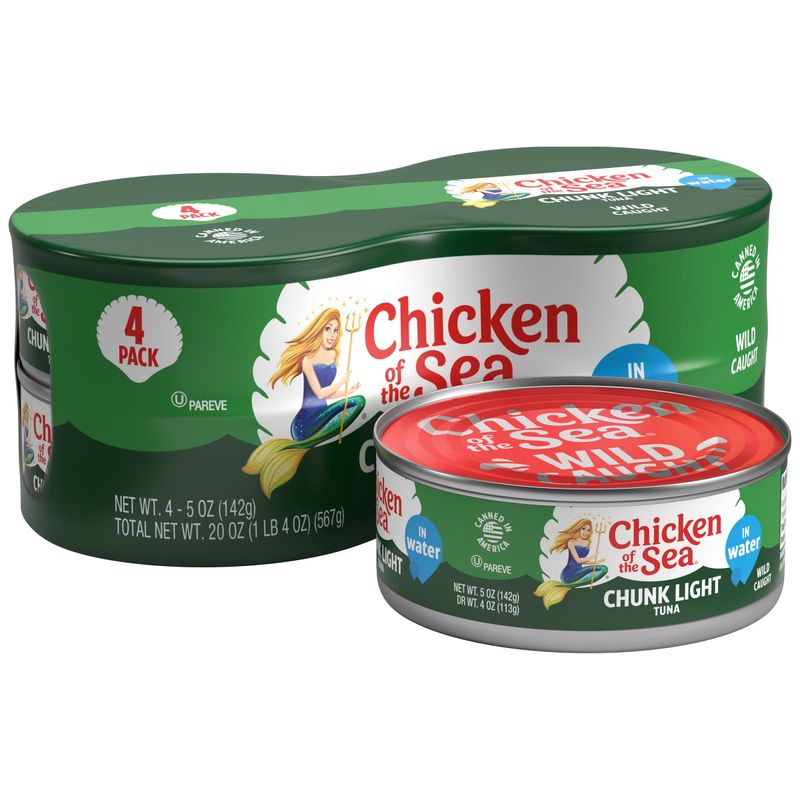
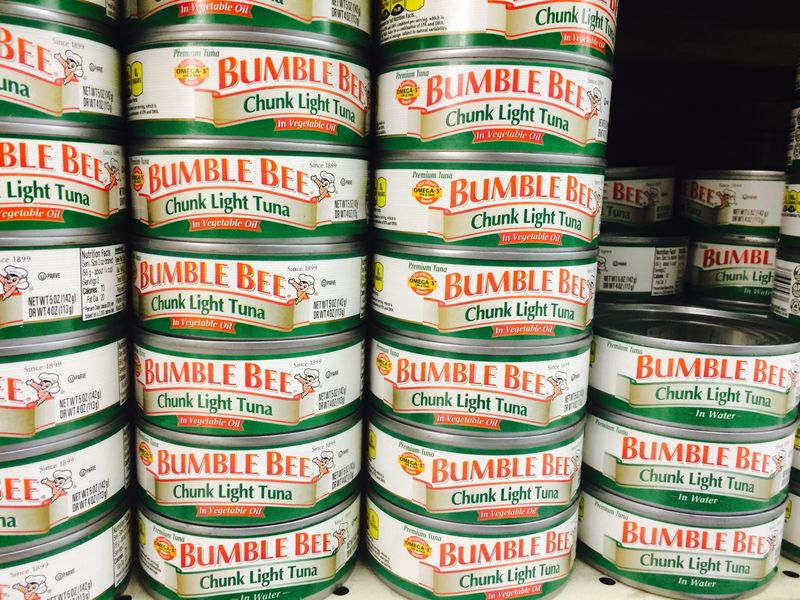
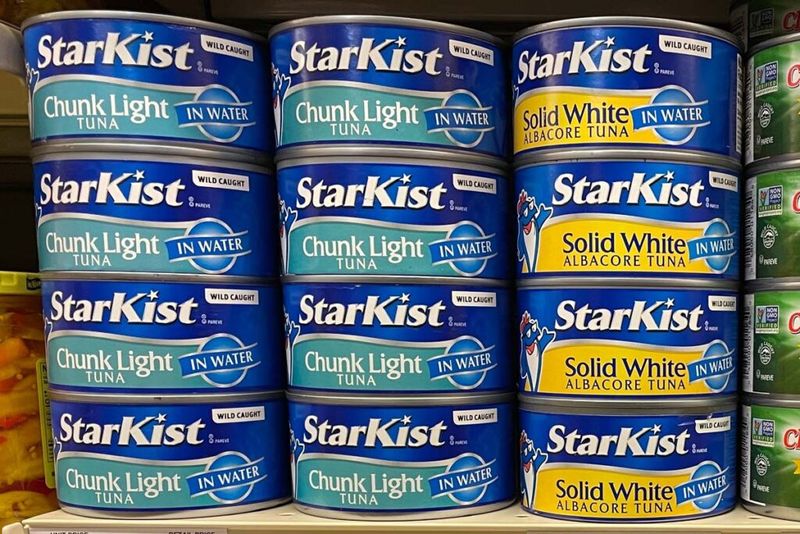
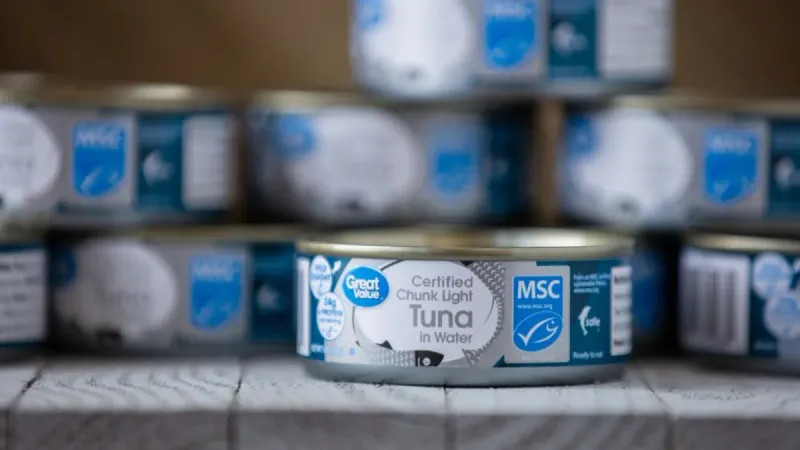
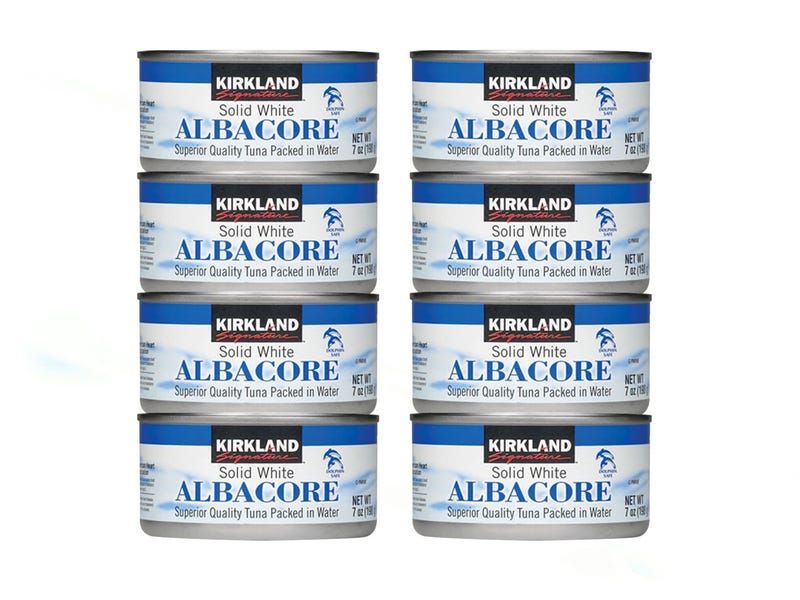
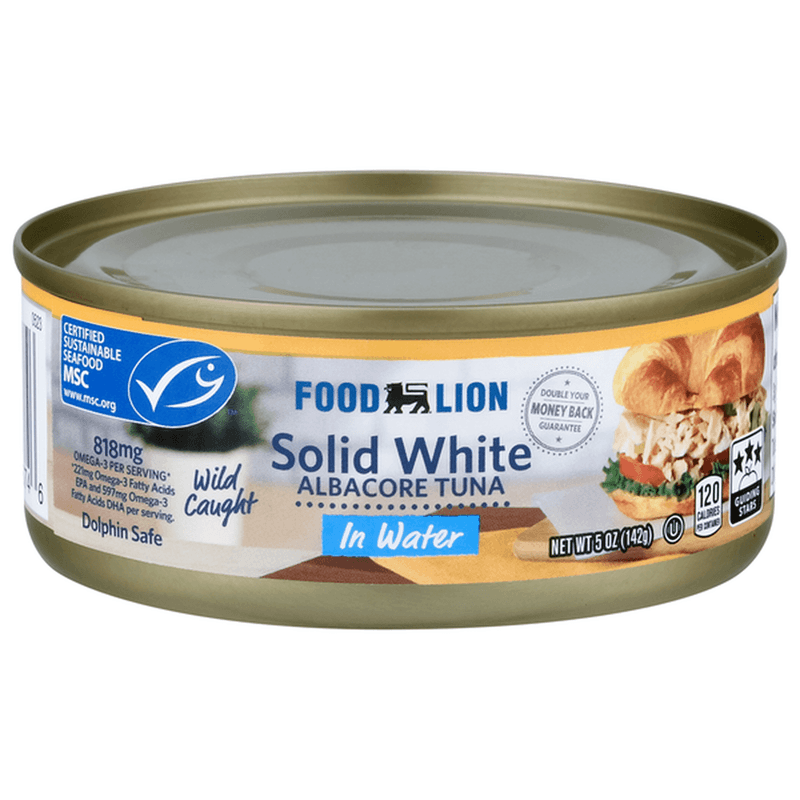
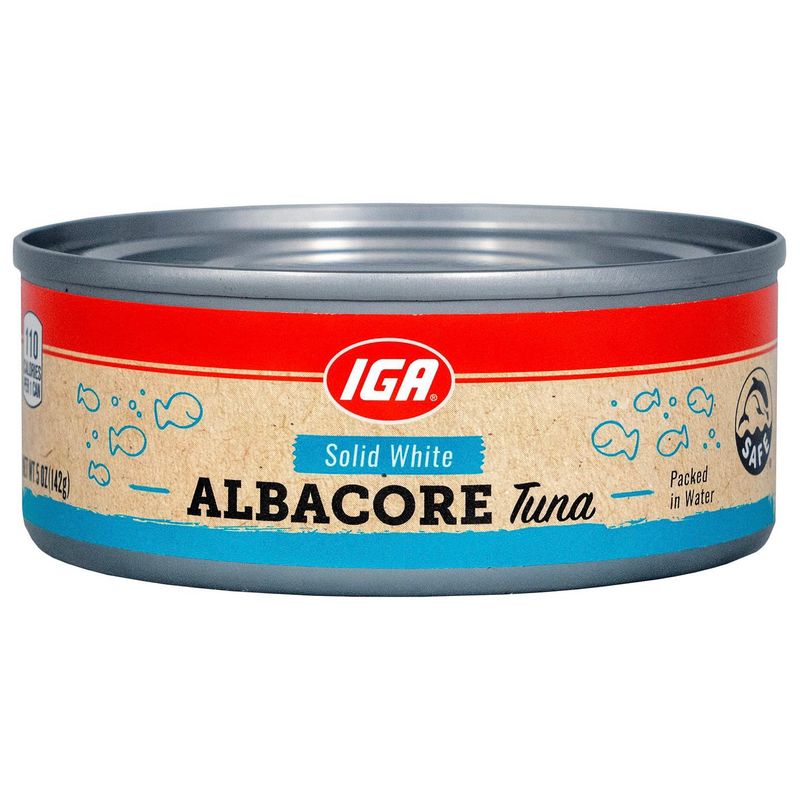
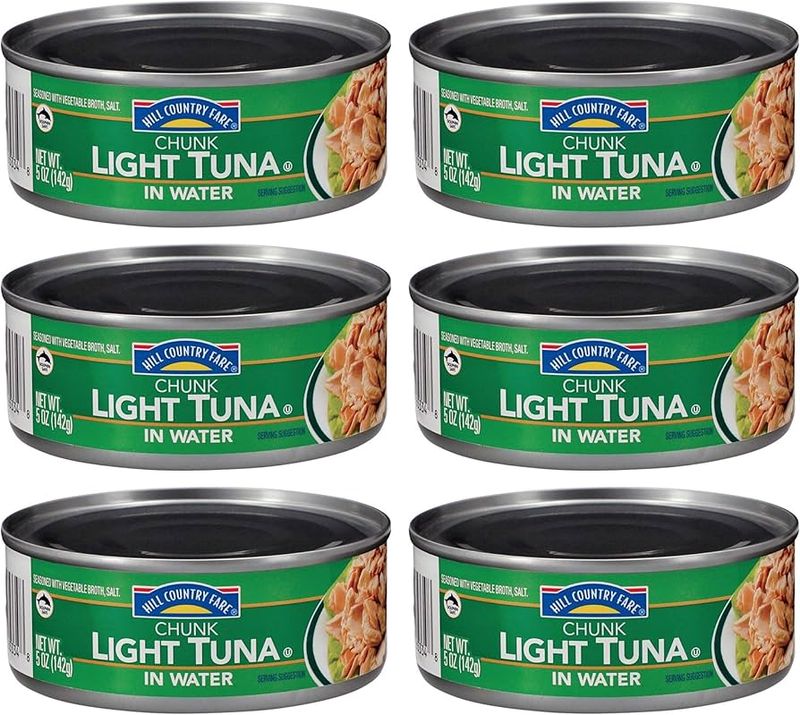
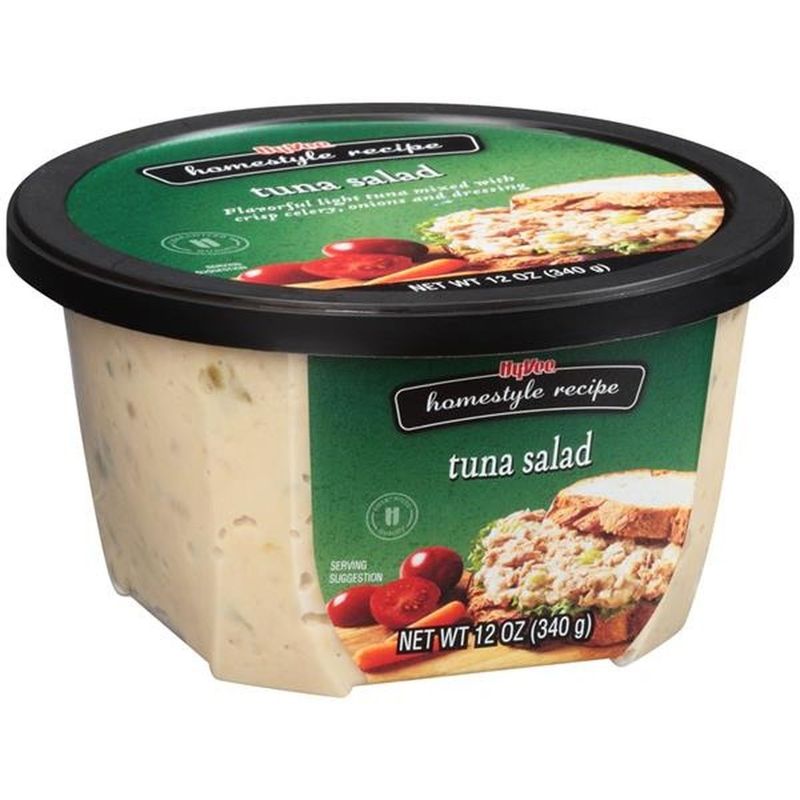
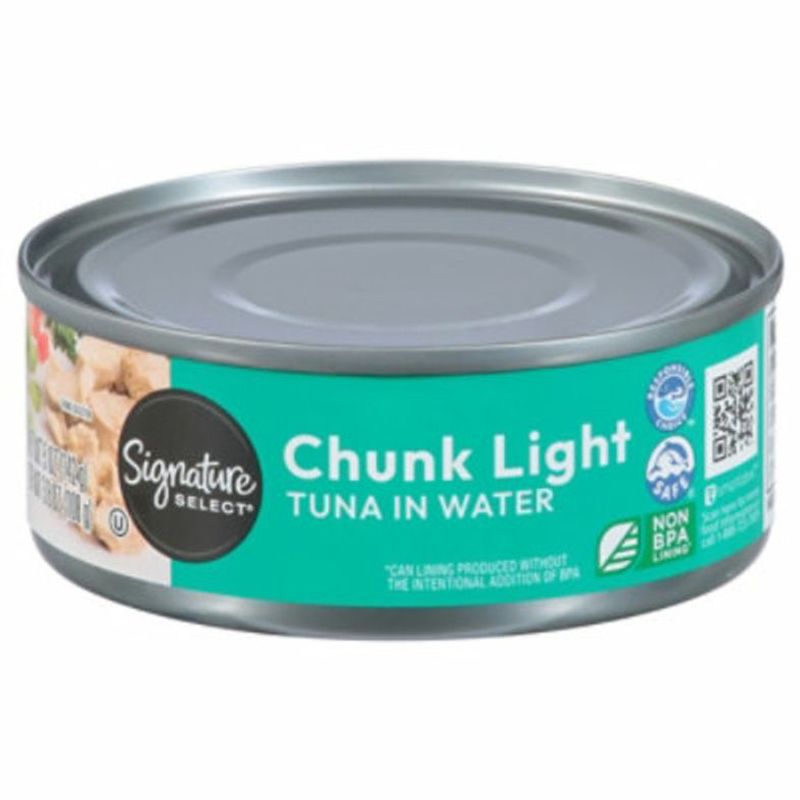
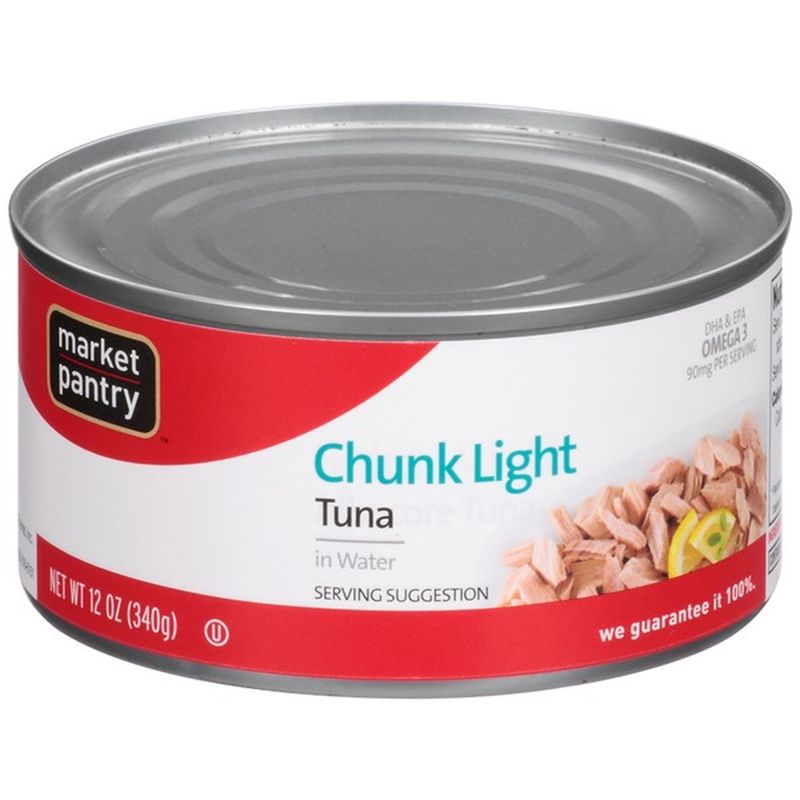
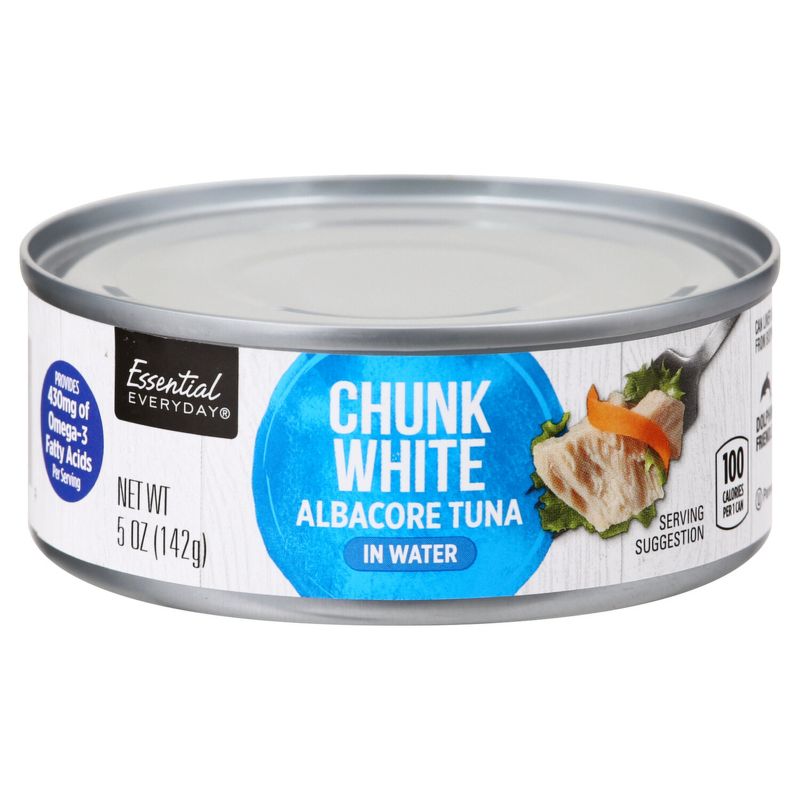
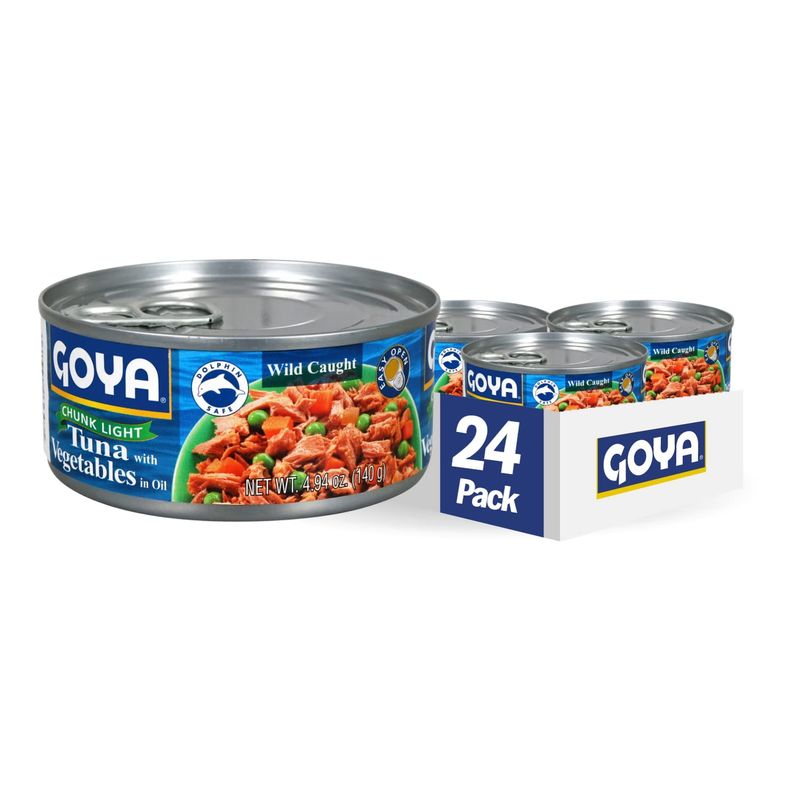
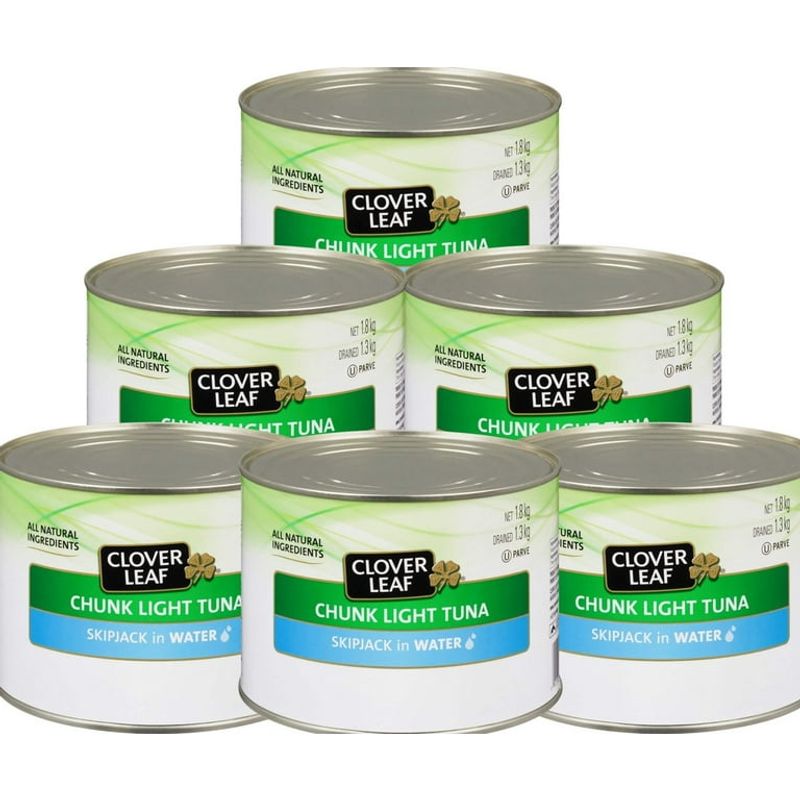
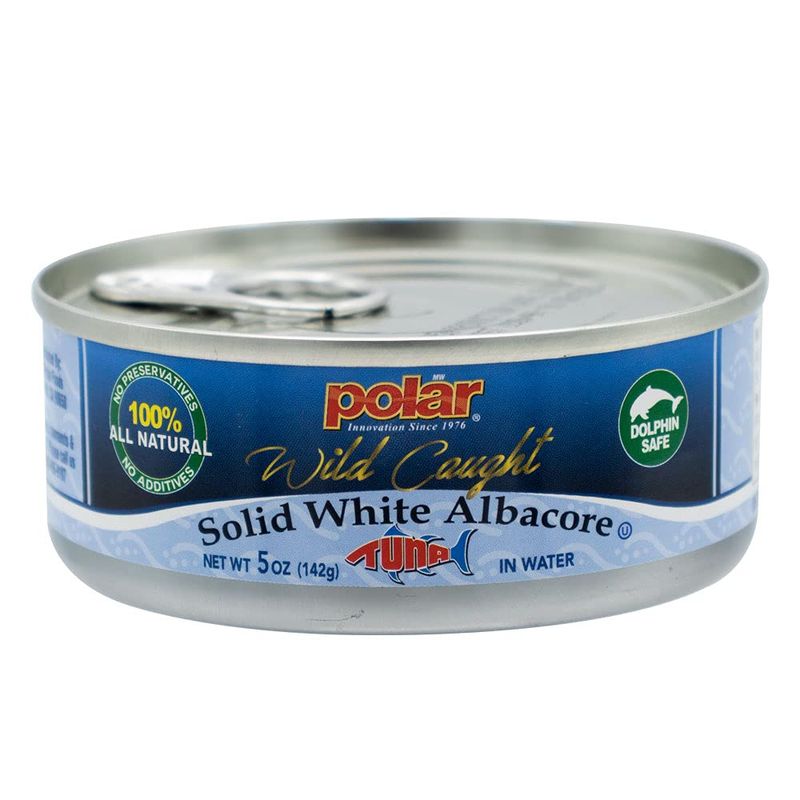
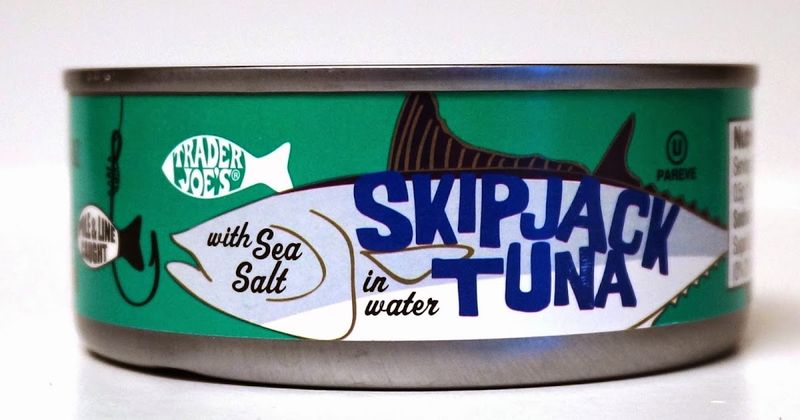
Leave a comment